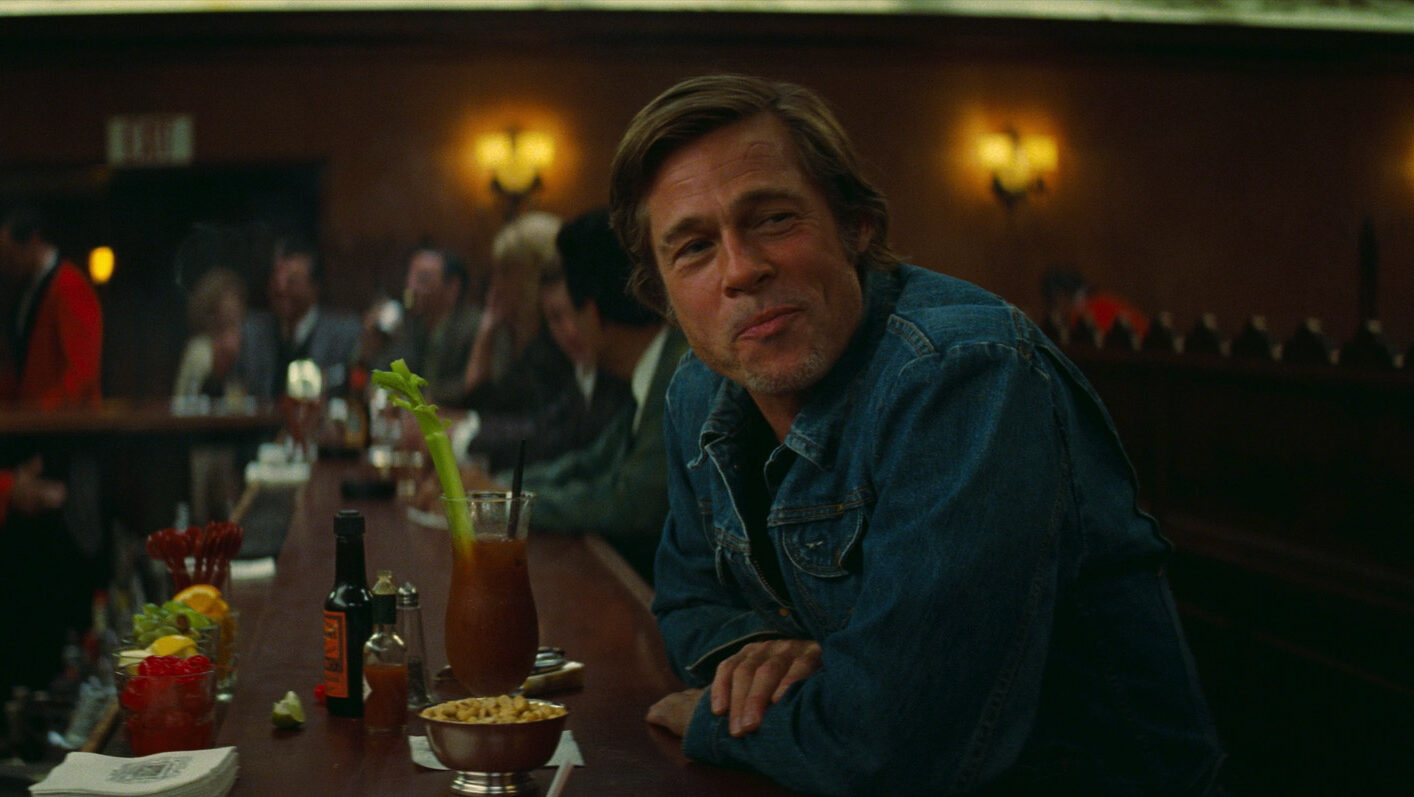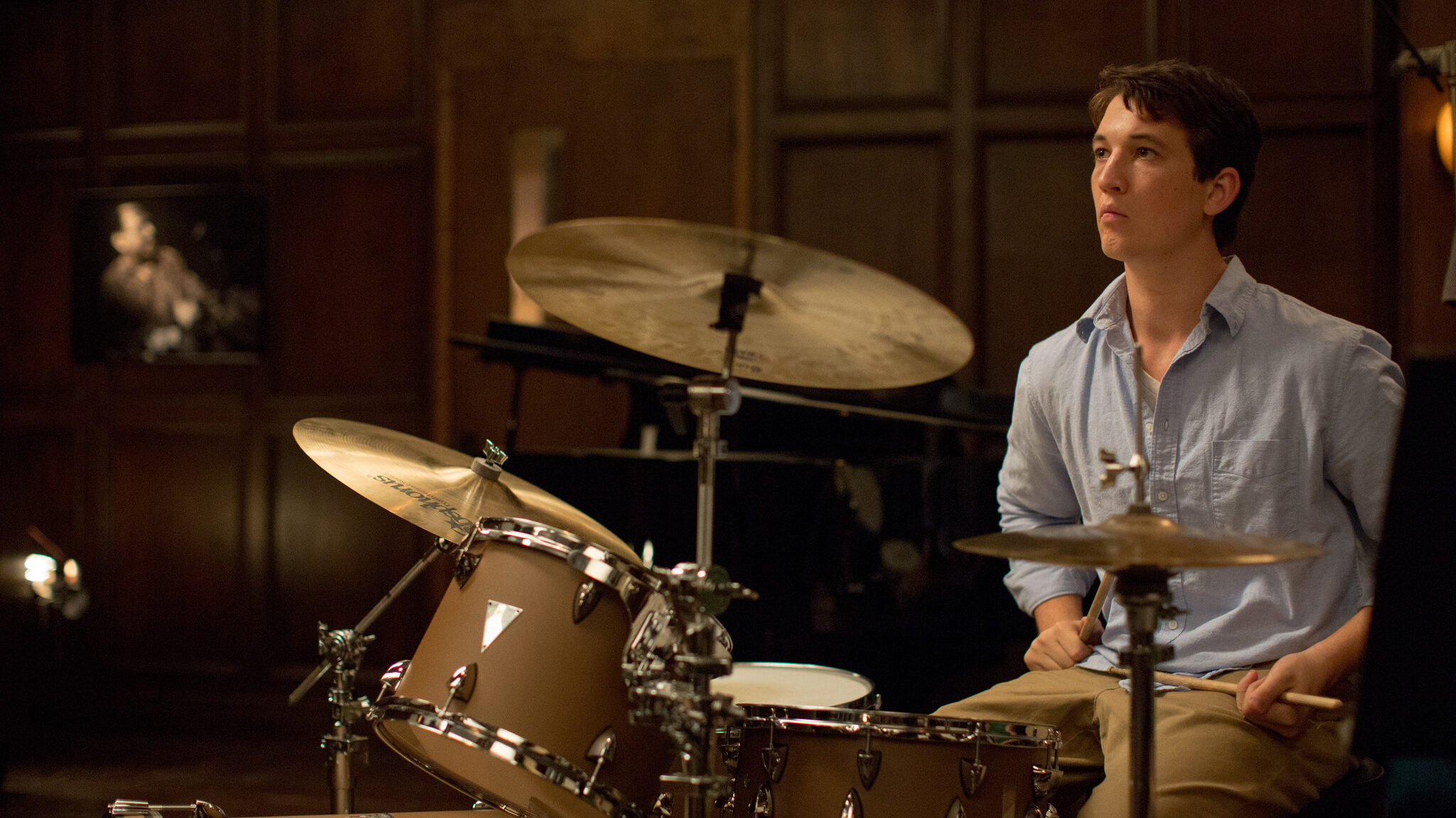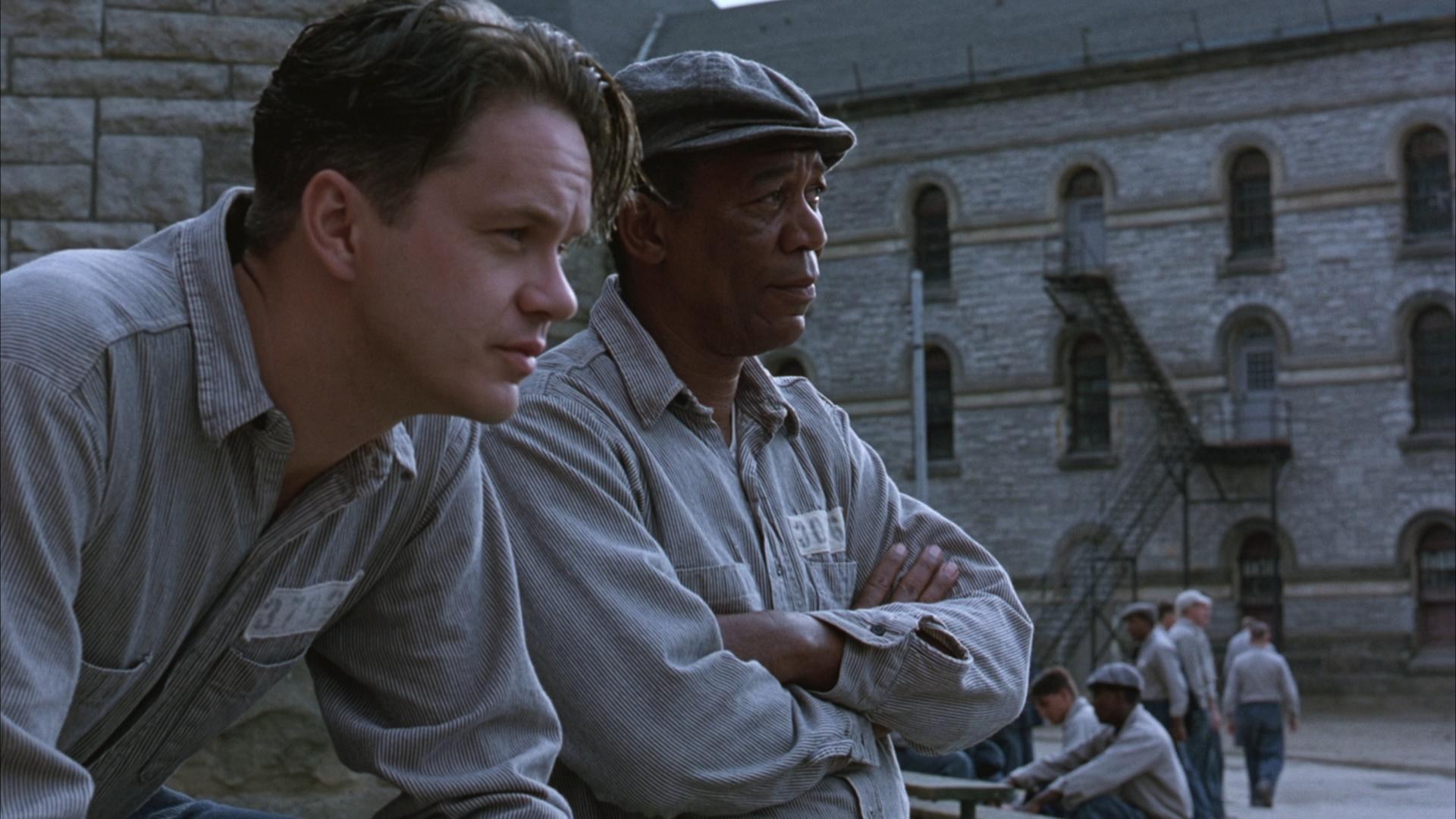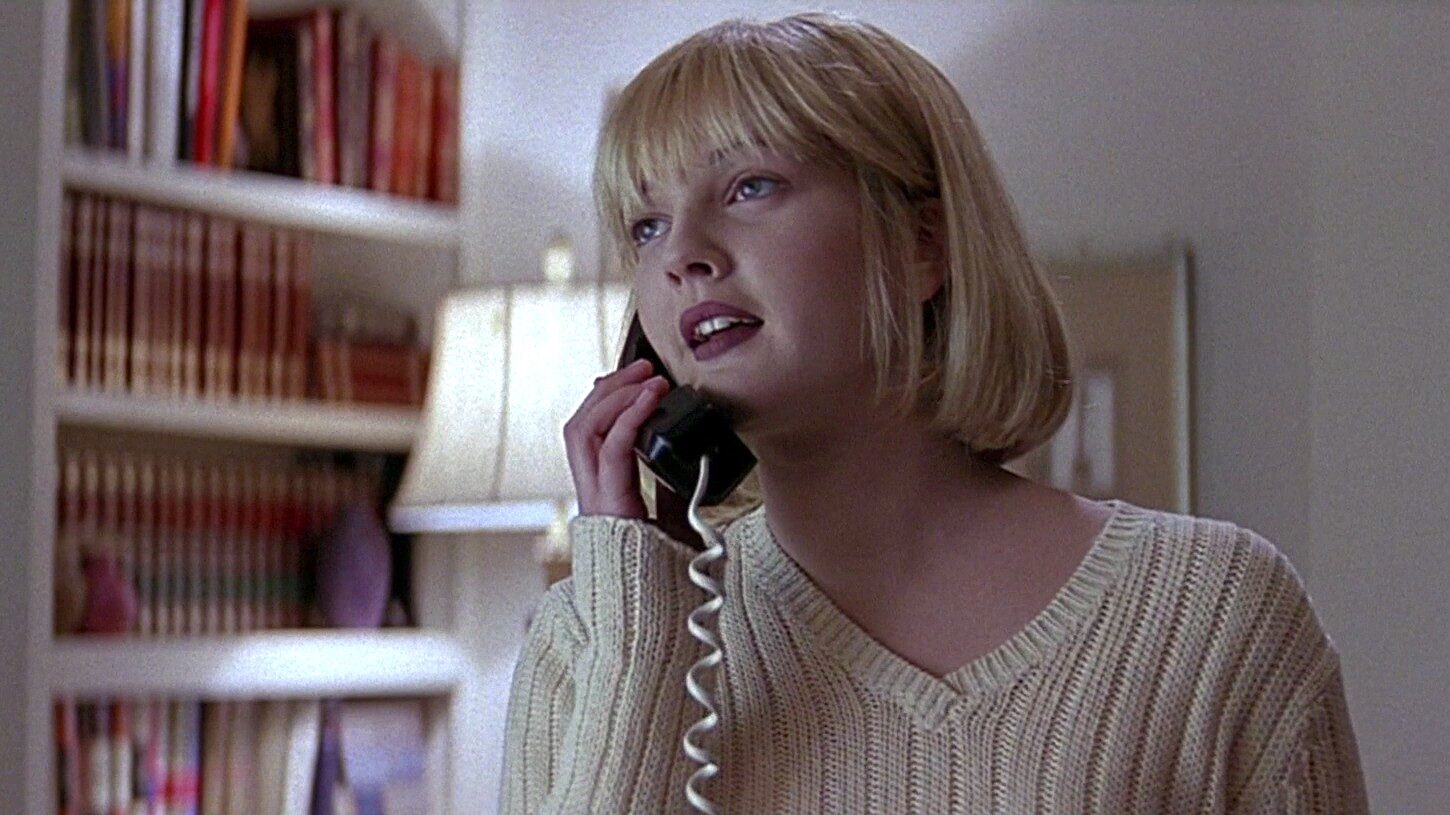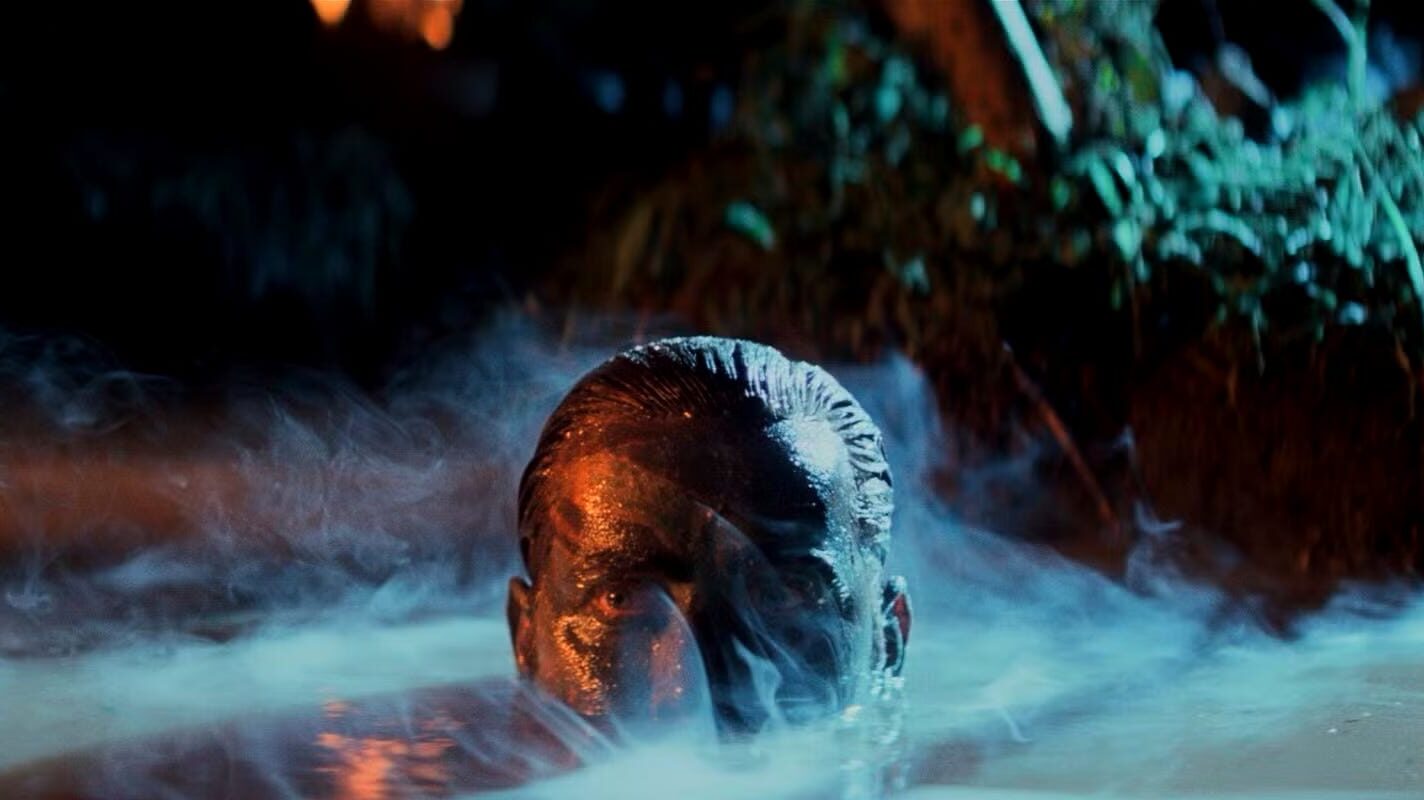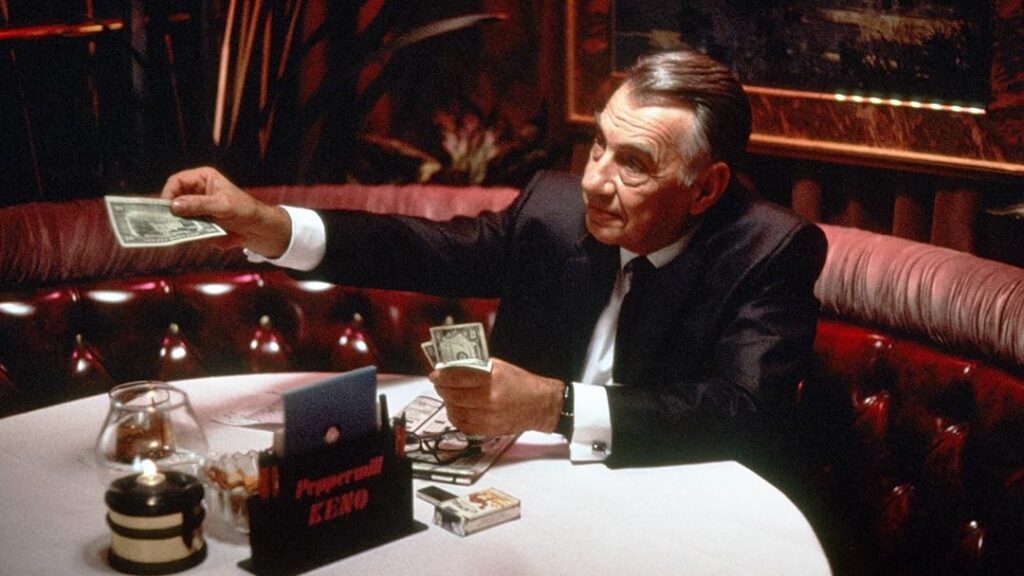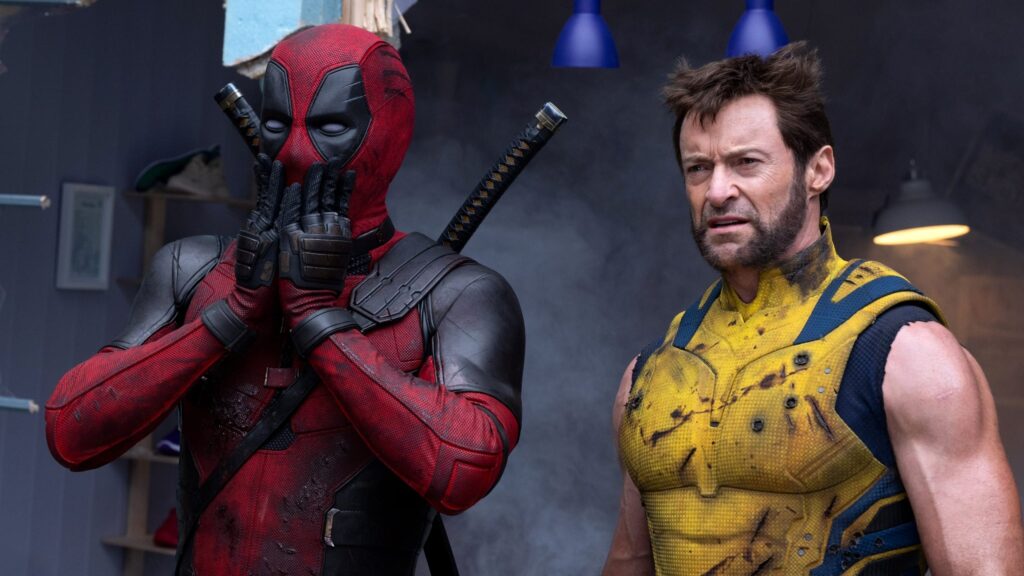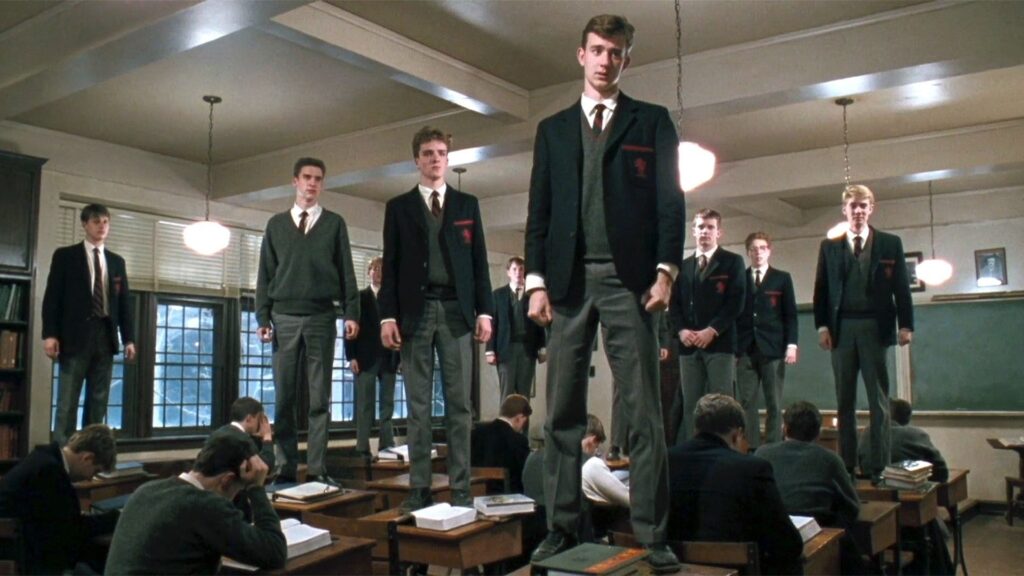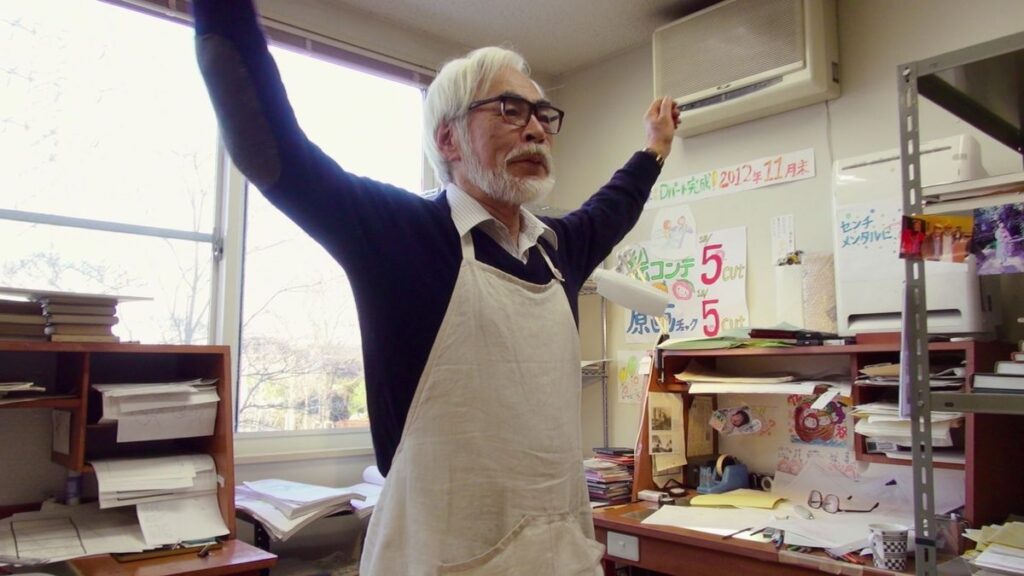Tarantino directs a movie too stylish for its own good in his obsessive effort to revive the glitz and glamour of a Los Angeles which never existed.
As Tarantino gets older and more scatterbrained, it becomes more physically impossible for him not to indulge. Indulgence, for him, is of course his jubilant employment of violence, portraying it not only for the purposes of bloody slapstick, but of renouncing those groups he hates. He’s consistently used the tool of violence in film to uphold his own political beliefs, for example the truly glorious and vicious destruction of the Nazi regime in Inglorious Basterds, in which the one-night annihilation of the dictatorship, carried out in a blaze of fire, is used to give power to Jewish resilience and inspire social change against the modern era’s totalitarian governments.
Here, it’s mostly a petty excuse for an indictment of hippies, one that clearly demonstrates Tarantino’s shallowness when it comes to his understanding of class struggle. He drops the ball and lets his love of Hollywood get the best of him, so his opinions between these two films appear inconsistent. Nazis during WW2 were at the helm of a violent system of oppressive state rule and prejudiced mass genocide, while Hollywood is a more subtly indoctrinating cog in a machine that runs on the subservience of a working class; it’s one of many tools to restrict social reform and to allow authorities to continue their depraved practices. Both are symbols of an oppressive evil, one is simply eclipsed by the other by virtue of its larger scale, and less subtle, more ethnically cleansing impact.
So to denounce freethinking hippies in this same way (as well as throughout the film through the negative portrayal of their dissenting, nonconforming opinions) comes across as selective on Tarantino’s part, a byproduct of his adoration of Hollywood culture (yes, even if Charles Manson is an objectively terrible person who indoctrinated people into a horrible cult; the image of hippie counterculture is intrinsically linked with the Manson family, so to portray that story means that it will automatically associated with hippies at large, especially when members of the Manson family are the only hippies you’re showing in your movie [the latter point is my biggest problem with Tarantino’s portrayal]).
A lot of Tarantino’s dispositions are on full display here through the portrait he paints of his subjects, and it’s easy to tell who he favours. Sharon Tate is seen as a benevolent rich girl who is super nice to everyone as well as one who connects with the emerging counterculture. Bruce Lee has a mockery made of him, being seen as petty and self-centered, as well as stupid (as if he would ever use the same move twice), just so the superior American can beat him. The eccentric Italian woman is given little more character development than that very description, being mainly the butt of a joke through her foreign accent, and intentionally Andersonian framing. This may be Tarantino’s love letter to Hollywood, but it’s also a look inside the mind of a man with some very warped and contradictory beliefs.
Even still, he sure knows how to make a movie.
